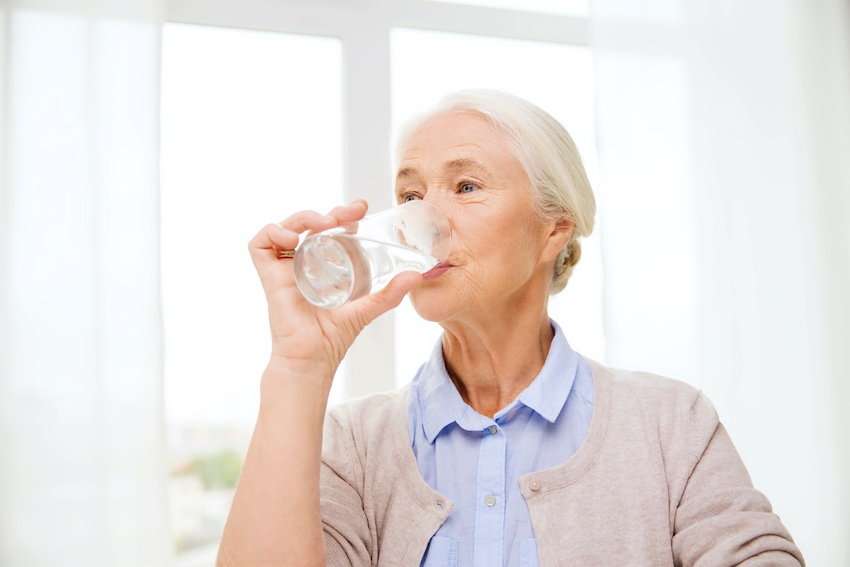
Discover solutions to help seniors manage urinary incontinence.
While not unusual in older adults, urinary incontinence is a challenging condition to handle, impacting daily life in lots of ways and often leading to reduced self-confidence and assurance together with the curbing of rewarding activities.
However, it is essential to know that urinary incontinence is not something that needs to simply be accepted as a normal part of aging. Determining the reason behind the problem may result in a simple yet effective treatment option. Contributing factors to bladder control problems include:
- A urinary tract or vaginal infection
- Constipation
- Overactive or weakened bladder muscles
- Pelvic organ prolapse or weakened pelvic floor muscles
- Nerve damage from conditions such as Parkinson’s, diabetes, or MS
- Enlarged prostate
- Health conditions that make it difficult to get to the restroom in time, such as arthritis
An older adult going through problems with incontinence should visit with the doctor to talk about symptoms, medications, and medical background. She or he may recommend blood and urine tests as well as testing to figure out how effectively the bladder is emptying. Maintaining a daily journal prior to the appointment may help, noting the time each day when urinating and when leaking urine.
After the source of the incontinence has been established, treatments may include:
- Oral medications which can tighten muscles or help the bladder empty fully
- An injected medicine to the area surrounding the urethra
- A low-dose estrogen cream
- Nerve stimulation around the bladder
- A urethral insert or pessary in order to help prevent leaking
- Surgery in the event that incontinence is brought on by blockage or a modification of the bladder’s position
Additionally, some incontinence issues may be alleviated by trying:
- Kegel (pelvic muscle) exercises
- Biofeedback
- Timed urination, emptying the bladder on a set schedule
- Lifestyle changes, such as eliminating caffeine and alcohol, stopping smoking, and slimming down
Frequently, seniors with bladder control problems falsely believe that they need to limit their fluid intake. It is essential to maintain proper hydration and to know that lower hydration levels bring about more concentrated urine, which actually can make urinating more uncomfortable and increase problems with incontinence. Plain water is always the best option, but if the senior prefers, try adding flavoring such as a slice of cucumber or citrus fruit.
For a senior with Alzheimer’s disease, particularly in the later stages, incontinence is especially common, and can be helped through:
- Making it easier to get to the restroom by ensuring pathways are clear and there is satisfactory lighting
- Cutting out coffee, soda, and tea from the senior’s diet, since these increase urination (but ensuring your loved one drinks lots of water)
- Taking regular, frequent bathroom breaks
- Choosing clothing that is easy to remove
- Trying out various kinds of incontinence care products to find one that is most comfortable
For trusted elder care in Alton, IL, Morning Glory Home Care’s aging care professionals are trained and experienced in incontinence care, and are here to help provide recommendations as well as in-home care to assist with personal care needs, discreetly and always with the utmost respect. Email us via our online contact form or give us a call at 618-667-8400 to request a complimentary in-home consultation and for additional information about our top-rated elder care in Alton, IL and the surrounding communities.
